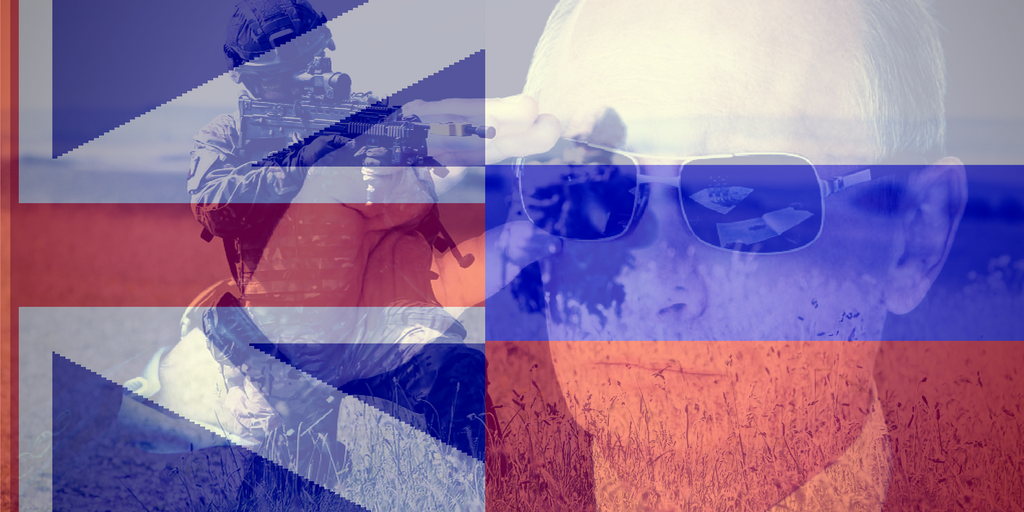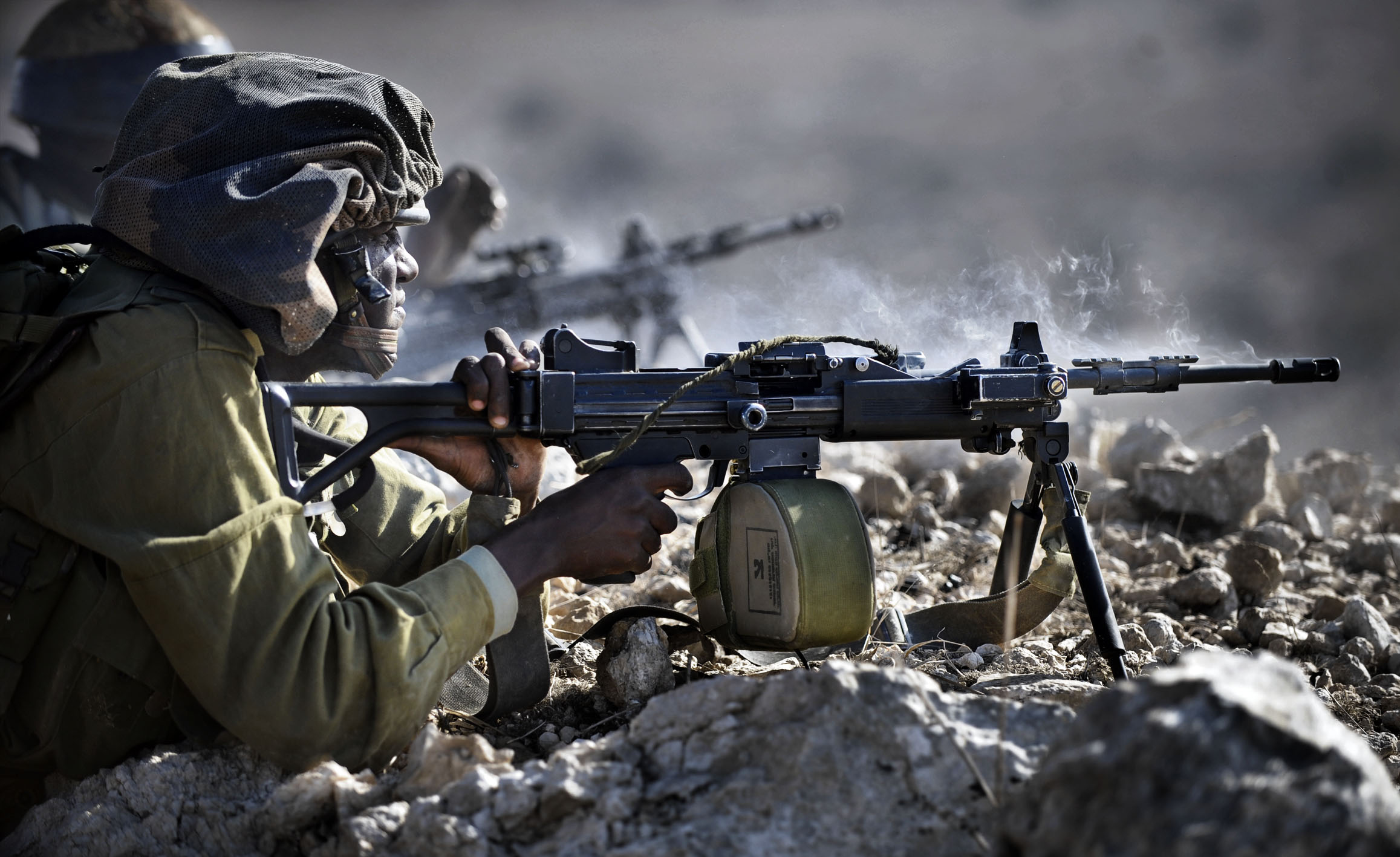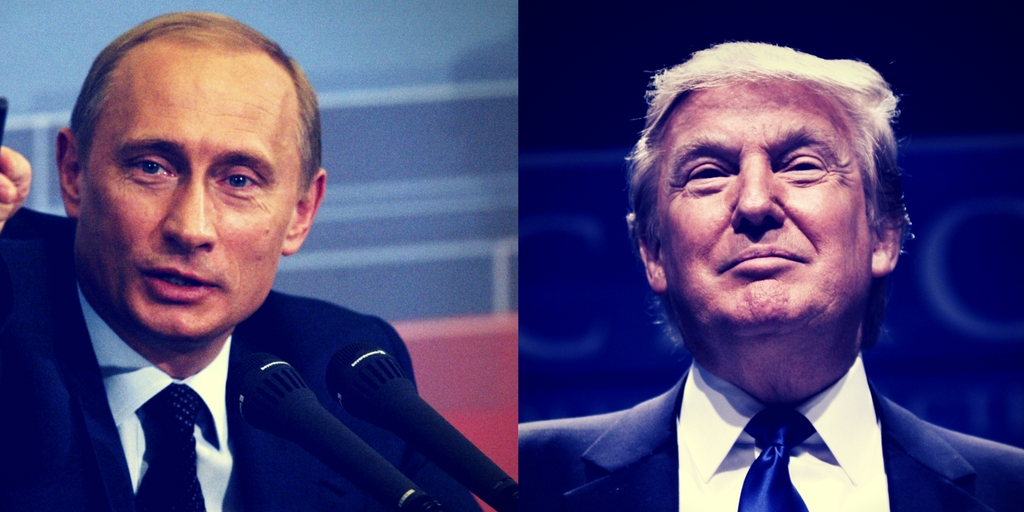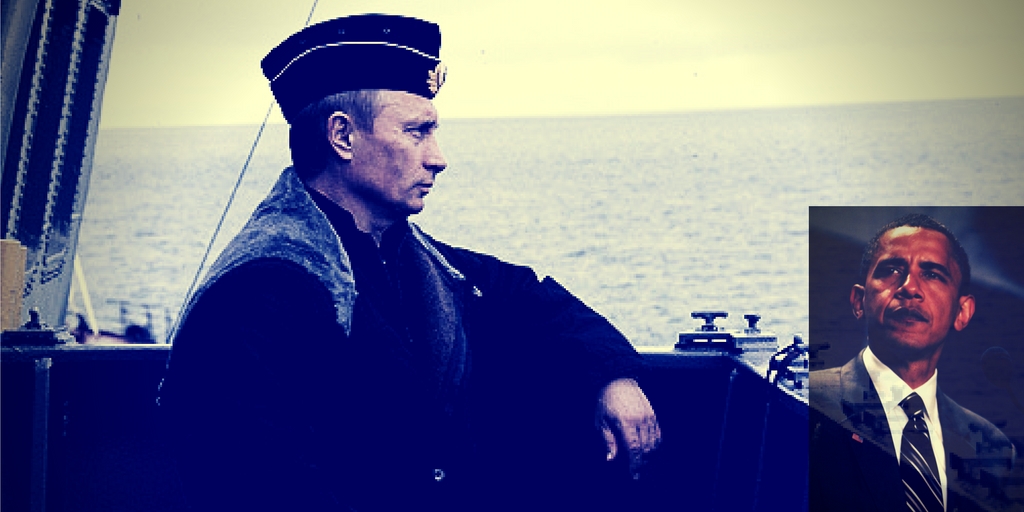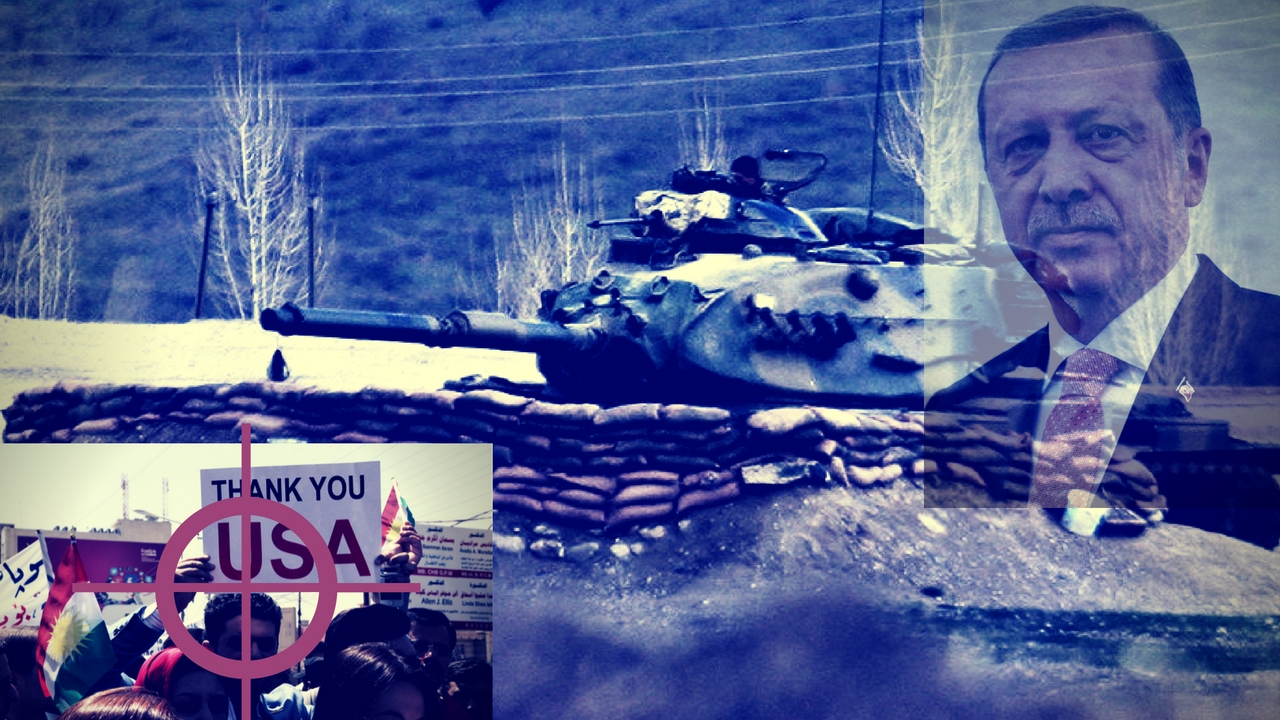As tensions continue to rise between Russia and the West, Great Britain is moving 800 troops and tanks to the Russian border with Estonia. Although the numbers seem small, they are in fact the largest NATO deployment since the Cold War. As Putin continues to assert his influence in Eastern Ukraine and the Syrian conflict places both super powers on opposite sides of the war, the chances for direct conflict between Russia and the USA increase daily.
The real question is what kind of deployment and why is Britain making it now. Observers know Putin is paranoid about NATO’s continued expansion and for good reason. Eastern Europe has always been seen as falling into the Russian sphere of influence. With Ukraine being the Russian line in the sand, Britain and other NATO members are making sure Putin won’t use Estonia as another front. Yet, there may be another reason altogether. NATO knows war is coming as does Russia, yet neither one wants to be blamed for being the belligerent party. Placing troops in Estonia could be NATO’s way of baiting Putin to make his first move.
Whether a plan for more or just defending the rest of Europe, Britain’s deployment is a sign that things are not going to calm down anytime soon.
“Black Sea a Russian Lake”
To the South, the Black Sea has virtually been taken over by Russia with Turkey even calling it a Russian lake. Romania, Bulgaria and Turkey are busy putting together a plan to increase naval and air patrols in the area, as well as a multinational NATO brigade in Romania.
With Russia pulling out of international nuclear treaties 2 onths ago and moving nuclear missiles forward to its border, the West has been left to scramble to try putting togther a coherent policy. Without clear American leadership it is assumed that Russia will continue to dominate the region and keep its global influence growing.
[huge_it_share]

